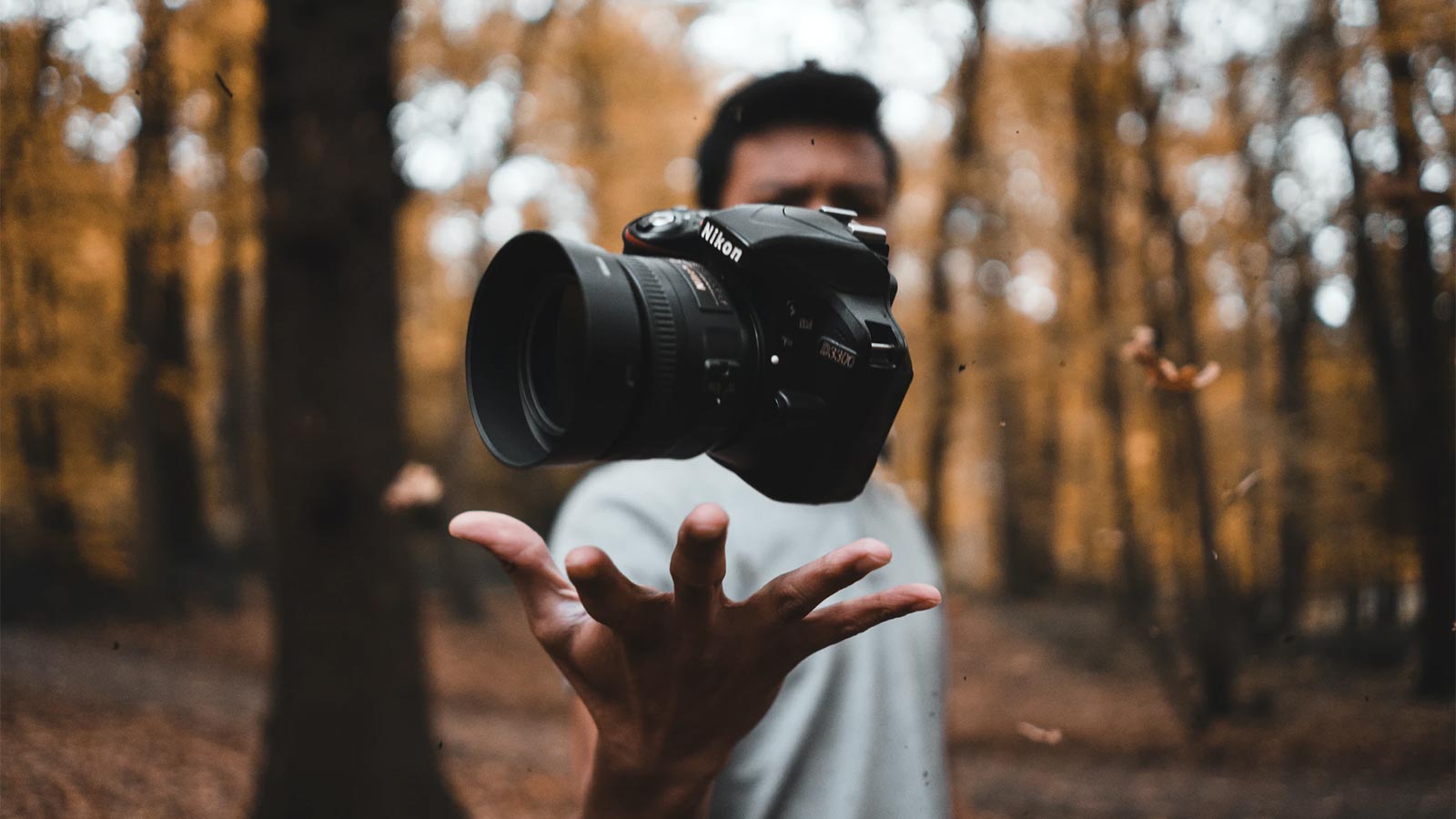Photography is a hobby millions of people enjoy around the world, but when it comes to taking it to the next level, they suddenly become unsure about their skill. Luckily, you can improve your photography skills very easily, you just need pointing in the right direction. Whether you want to be taken more seriously as a photographer, are looking to make photography a new career or just want to improve your photography skills, the following tips are going to help you.
Read Your Camera’s User Manual Thoroughly
When you bought your first camera did you methodically read through the manual or were you so excited you overlooked it completely. More than likely it was the latter, so there’s no time like the present to get that manual out and carefully read it from cover to cover. The owner’s manual is a source of key information. Read it and it will help you get the most out of your camera, as well as teach you how to take great photos.
Practice What You Read
There’s little point in learning about photography if you’re not going to put your knowledge to the test. Practice will also enable you to get a good idea of the features you’re going to use most frequently. Don’t be tempted to try everything at once, that’s just a case of information overload. Space the reading of the manual out over several days, even weeks, with plenty of time for you to practice in between.
Don’t be afraid of making mistakes either, because they will help you to hone your photo taking skills. As the old saying goes, practice makes perfect. It certainly applies to developing your photography skills.
Use Your Camera to Its Full Potential
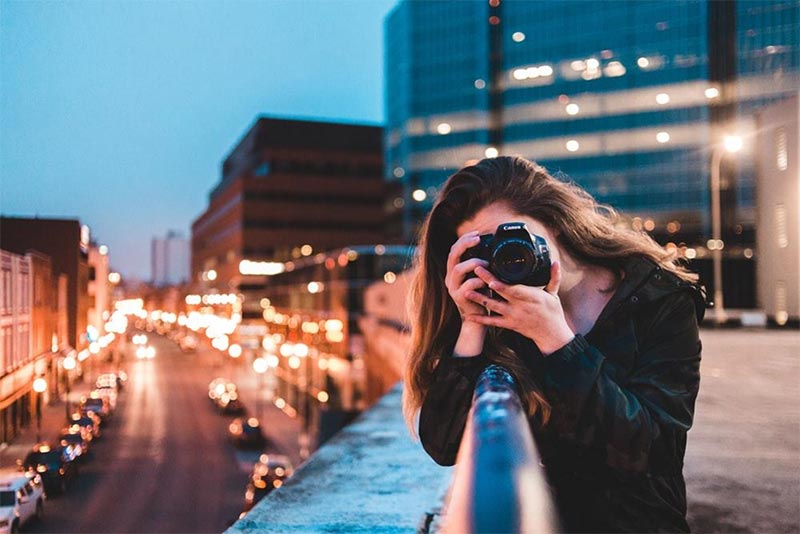
You don’t need the fanciest and most up-to-date camera to take high quality shots. Henri Cartier-Bresson is a testament to that. Some of the most famous photos he took were taken using a hand-held 35-mm camera.
The key is for you to make the most of your camera and use it to its full potential. Start at the beginning with simple backgrounds and shots, before you move on to more complicated shots and scenes.
Improve Quality by Using a Tripod
You will be surprised the difference it makes when you use a tripod to take your photos. The stability a tripod gives you means your images will be much sharper and better balanced. It also reduces the risk of an unwanted element sneaking its way into the frame.
When you use a tripod, you must mount it on a flat and steady surface. The tripod should also fit your camera perfectly. After you have mounted your camera, check it’s on a level with the help of a spirit level. There is nothing worse than a picture that comes out on a slant. If you want to make sure your tripod is stable, hang something heavy from the underneath of the tripod. The object will be an anchor, thereby preventing it from moving. This is always helpful if you want to capture a particular scene.
Take Control of the Focus
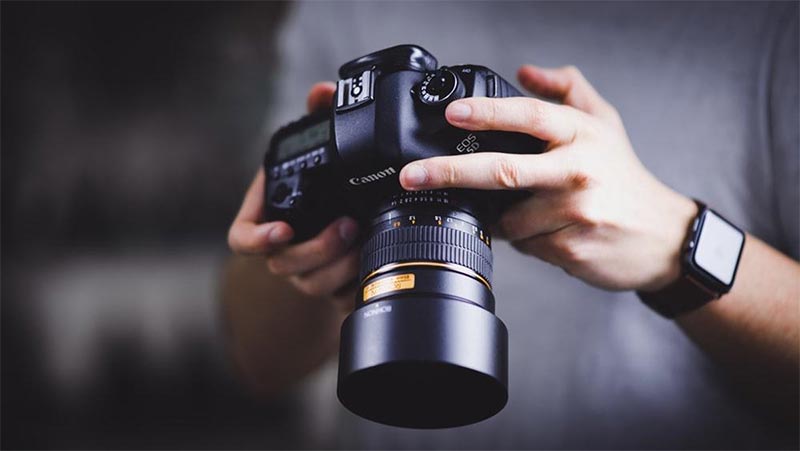
If you leave your camera to its own devices, all it’s going to do is focus using a central focus point. In many situations this works but if you want to be more creative with your photography, you have got to take control over the focus point. The reality is that your chosen subject isn’t always going to be in the centre of the frame.
Learning how to get your camera to focus on the point you want is a fundamental skill to learn. The first thing is to change the setting on your camera to its single point autofocus mode, instead of the automatic or multiple selection it will typically be set on. The procedure for selecting individual focus points varies, depending on your camera.
Learn How to Focus on Moving Subjects
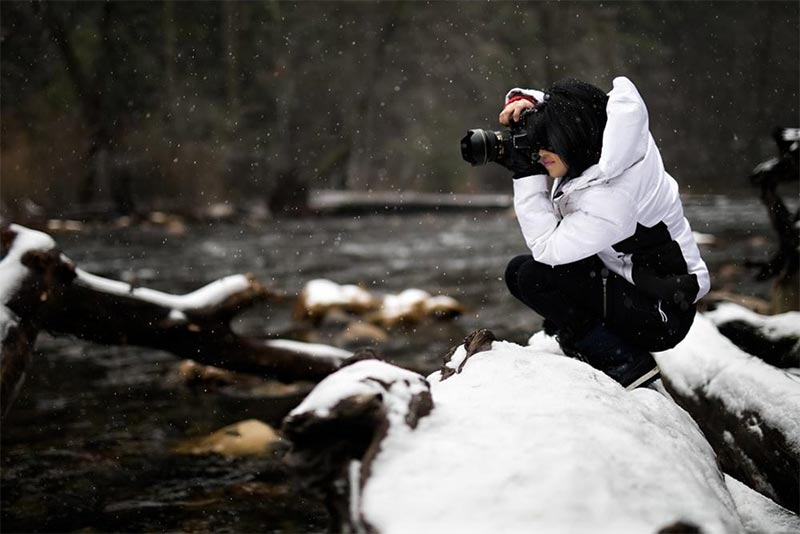
There are going to be lots of instances where your subject is a static one, but there are going to be just as many when your subject is not willing to keep still. This makes it very difficult for you to compose and capture your shot. You therefore need to master the art of focusing on a subject when it is moving. Again, this is something that you will find out by reading your owner’s manual, as all cameras are different.
Use the Edges as a Guide When Framing Your Photo
If you want your photographs to be appealing and balanced, it helps if you line up the edges of particular elements. This will create a pathway leading the viewer’s eye to the subject of your photo. Something else you can do is to look for interesting patterns, textures or shapes that you can also use to help frame your subject.
Immerse Yourself in All Things Photography
Surround yourself with photography, whether its books, websites, social media pages or even attending exhibitions. Photography is a visual art and you learn so much if you study good photographs. When you look at photographs, ask yourself one important question. “What is it about this photograph that I like?”
By analysing other people’s photographs you will gain an understanding of what it is that catches people’s eye. Think about what you have got to do to capture the same shot.
Why not visit an art museum and spend a day studying some great works of art? They are not photographs but there will still be elements of the painting or drawing that grabs your attention. There are museums in most cities and in many cases, entrance is free.
Take Your Camera With You Everywhere You Go
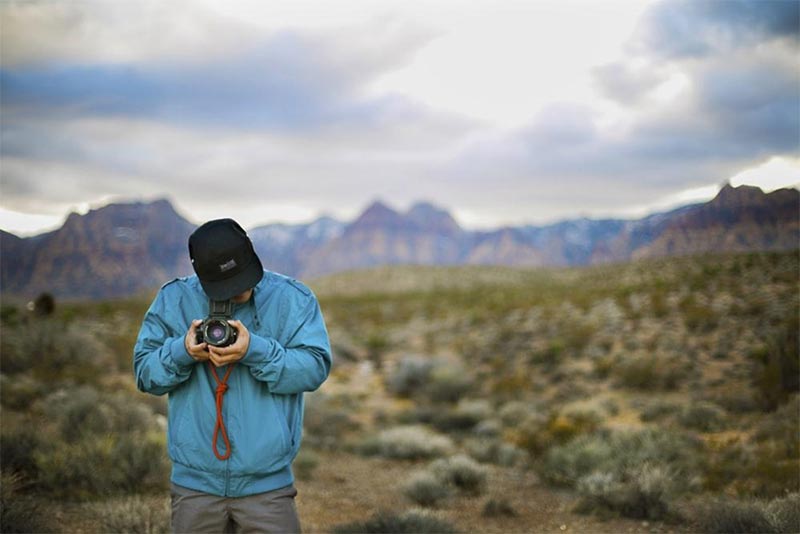
Get into the habit of taking your camera with you wherever you go, rather than on those rare occasions when you set out with a particular shot in mind. You could be inspired to take a photograph at any time wherever you might be.
Learn By Your Mistakes
Don’t be worried about making mistakes. One of the benefits of digital photography is that you can learn and improve. And don’t be afraid to get your photos out there. Show them to friends, family, experienced photographers and hear what they have got to say.
Relish Receiving Feedback
If you plan to put your work out there for other people to see, be prepared for the feedback you receive. Some of it will be less than favourable, but there will also be feedback that helps you see what it is you are doing wrong and what you need to improve. If you are not ready for sharing your photos with the general public directly, consider a photo sharing site such as Flickr. You get the opportunity to upload your photos and receive critique.
You can touch up and tweak your photographs with the help of the many post-processing tools available. However, the only way you can develop your photography skills is to follow these tips. Only if you tweak the way you set up, increase your knowledge, and fine-tune your approach will you take better photographs. Photography can be a difficult skill to master so you will need to be patient and willing to receive feedback that is not always flattering. However, if you follow the above guidelines, your skills will continue to develop.
This article was written by Ted Murphy of Ted Murphy Photography. Ted is an award-winning photographer specialising in Wedding and Commercial Photography.

